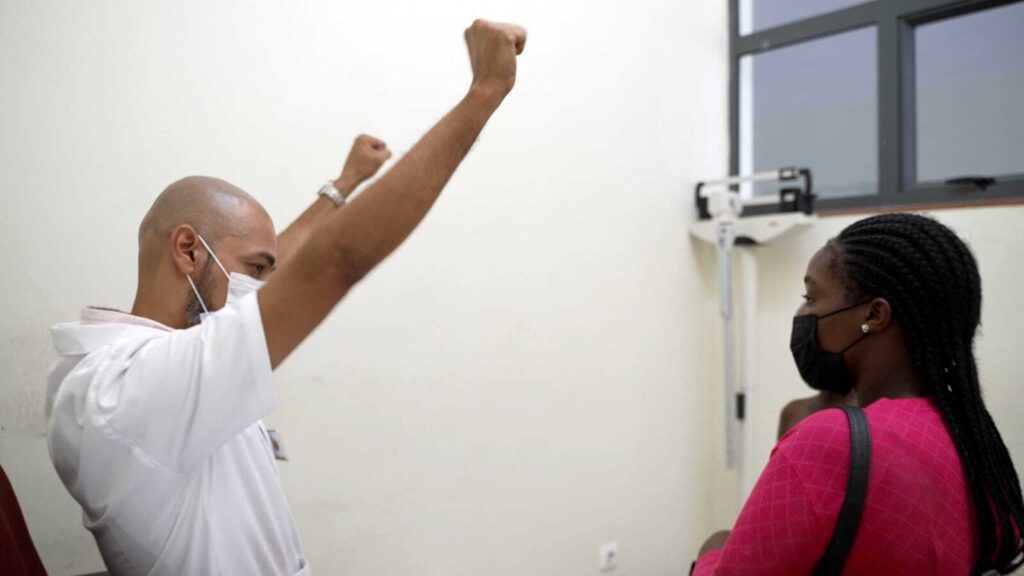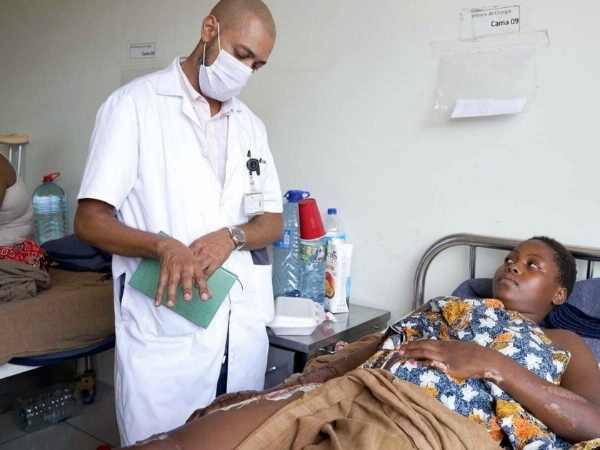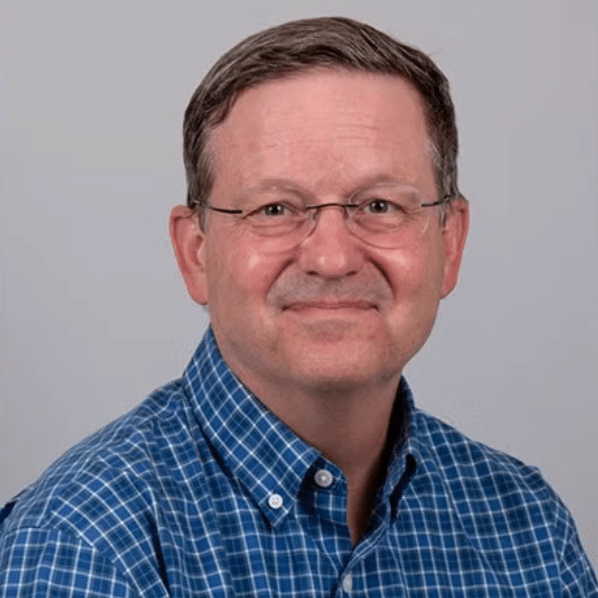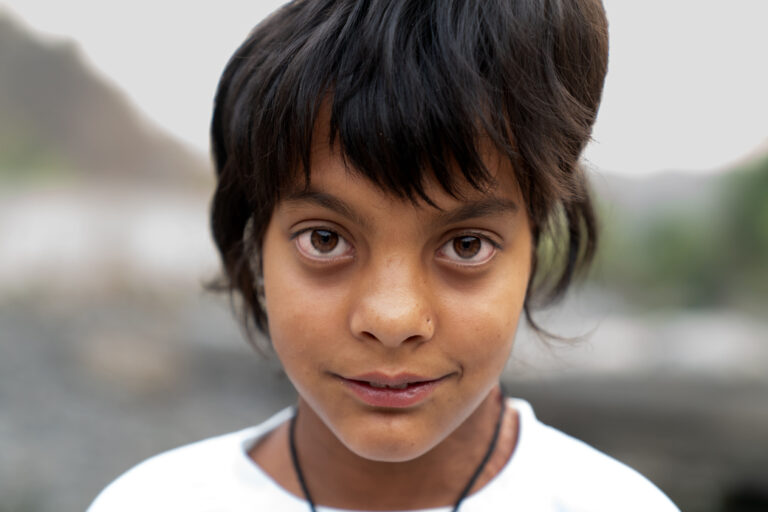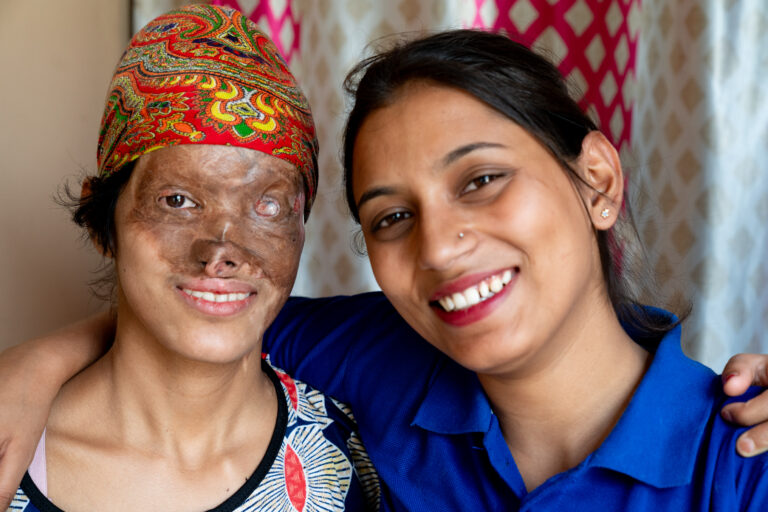Dr. Pedro Santos grew up in Mozambique during a time of civil war. His father, a doctor, would come home with stories of the atrocities he would see. As a young boy, Pedro marveled at the difference his father could make by providing medical support to so many caught in the violence. These memories, combined with seeing a documentary about plastic and reconstructive surgery when he was 13, are what inspired Dr. Santos to pursue a career in reconstructive surgery.
“I went into reconstructive surgery because it provides a solution for patients’ problems,” said Dr. Santos. “I have the opportunity to help people, see real results and get them back to their lives with the least amount of complications.”
Mozambique is a country comprised of 30 million people. However, according to Dr. Santos, there are only 4,000 medical doctors in the whole country. Of those, less than a hundred are surgeons, and of those surgeons, only three perform reconstructive surgery.
Dr. Santos heard of ReSurge many years ago when teams of visiting surgical educators came to Mozambique. Dr. Santos has now been a surgical outreach partner with ReSurge for the past two years.
We sat down with him recently to learn more about his background and experience with ReSurge.
Did you receive your surgical training in Mozambique?
I went into medical school here in Mozambique. There are very few medical schools in this country, so very few people go into medicine. When I finished my medical degree, I went to work in the jungle– literally in the jungle–in a remote area further north for three years delivering medical care. It is hard to leave these remote areas because it is difficult to get someone to replace you. That makes it emotionally difficult. However, after three years, I had to leave to do my surgical training. Since reconstructive surgery was mostly non-existent in Mozambique, I was able to travel to many other countries to train and meet people in the field I was pursuing. I had the chance to go to Brazil where I did part of my training as a plastic surgeon, then onward to Asia.
Around the time that I finished my training, I met Dr. David Kulber. I learned so much from him and other prominent people in the field. Years later, Dr. Kulber began coming to Mozambique with ReSurge, offering training and assistance with surgeries. This was a great help in my training. In 2019, I was given the opportunity to be a surgical outreach partner, I was very excited because I was familiar with the good work of ReSurge.
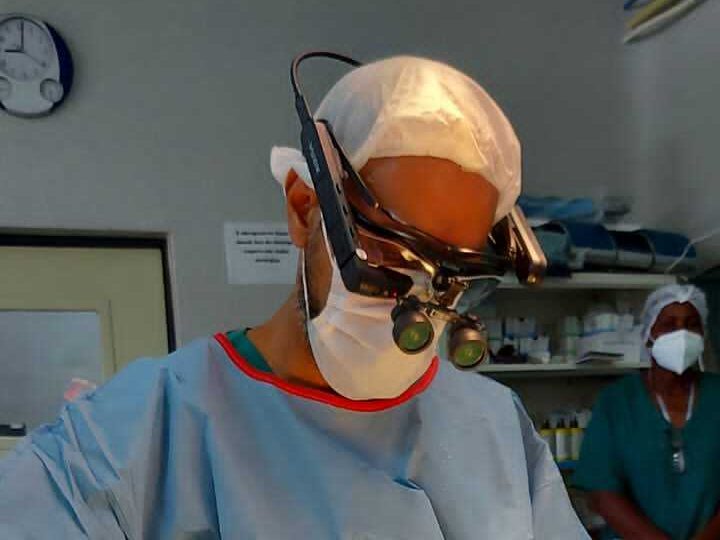
What types of surgeries do you perform the most?
I work almost exclusively in reconstructive surgery. Most of the patients I treat at our public hospital are burn patients. I treat acute burns, but I also treat patients with complications and late progression of burns with contractures. I also take care of patients with congenital deformities of the face and hands. But primarily, our patients are suffering from burns and most are children.
Unfortunately, our population has many challenges and the availability of electricity and gas is not widely distributed. People still use open fires to cook or heat water. Often kids are accidentally injured, but it is difficult to change these circumstances. You are really talking about changing the culture when it comes to burn prevention, which is not easy in such a diverse country. Mozambique has eleven main languages and 33 dialects. Helping people understand the dangers of open fires can be a real challenge.
What are you most proud of as a reconstructive surgeon?
There are a few things that I really enjoy about taking care of my acute patients, particularly the kids. They come in very bad shape, barely moving and crying. But if you act quickly, these kids are able to recover very quickly and get back to normal life. In a short amount of time, you can have them standing up, sitting, playing, and eating. It’s fantastic. This is very rewarding as a surgeon. The key is having the resources available to you when you need them.
Kids are amazing in that respect, but it’s not only kids that I treat: the parents are involved too. When you’re able to help those kids, you see hope in the eyes of the parents. That is priceless.
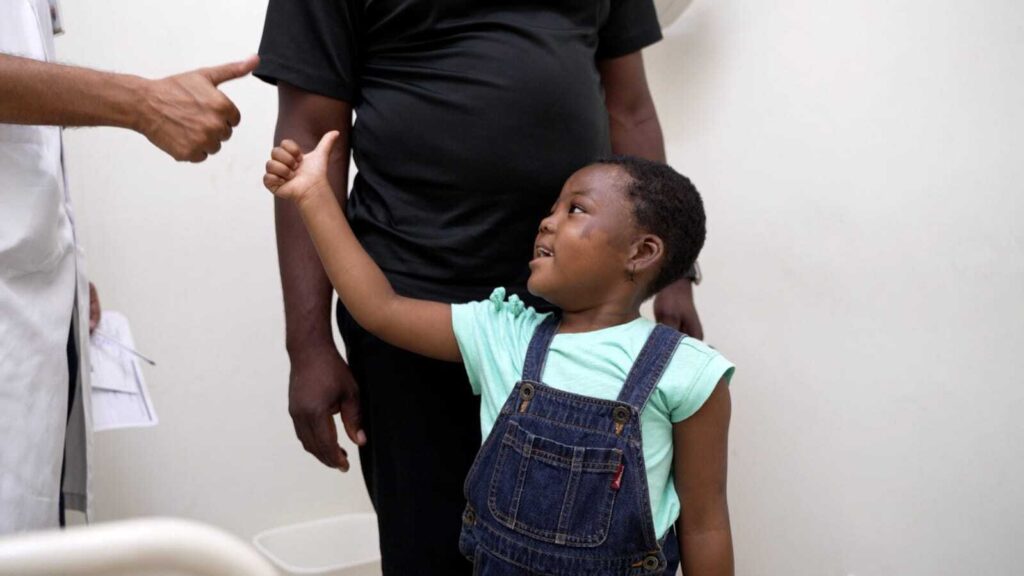
Is there a specific case or patient story that has really stood out to you over the years?
There’ve been quite a few, but there’s one that is very touching. Last year in August, an 8-year-old girl was rushed into our hospital with severe burns. Her dress had caught fire when she was walking by the open fire in their home. She sustained deep burns on her whole chest area and thighs. While the child did live with extended family, her mother had passed away and her father did not live with them due to work. We needed a lot of skin for grafting, more than we could get from the injured girl. She actually happened to have a twin sister. The sister was brought into the hospital and saw how badly her sister was injured. When the healthy sister was asked if she would donate skin to help heal her sister’s wounds, she didn’t hesitate. She said yes, no questions asked; it was an instant response. We took both of them in for surgery the next week, with two operating tables and teams ready. It was a long recovery for both of them. I had the opportunity to visit them at their home later and they were doing great. This is a memory I will have forever.
How did COVID-19 affect your patient load? Do you have a backlog?
We went through a difficult time, experiencing a third wave of the COVID-19 pandemic at the end of 2021. We are still standing though, there’s no other way. There’s no way to run from what we are facing, so we do the best we can!
Can you talk a bit about the training that ReSurge provides for you and for your staff?
It was wonderful to have them here to help train staff when traveling was allowed before COVID-19. But since then, we are training even more thanks to the ReSurge webinars. That’s the positive side! We were exposed to more virtual training and had even more connections with colleagues and surgical experts from around the world. I appreciate their ability to train the whole surgical staff too, not just the surgeons.
What are your goals for the future of reconstructive surgery and Mozambique?
We need more people doing reconstructive surgery. We need it a lot. With the help of ReSurge, we are slowly beginning to set up a training center at my hospital, allowing me to bring in more medical professionals for training and more patients. Harnessing and teaching knowledge in this field is really important for the future. On a personal basis, I’ve been doing plastic and reconstructive surgery for some time, but I still love to learn. I want to provide the latest techniques and knowledge so my patients will have the best results possible.
